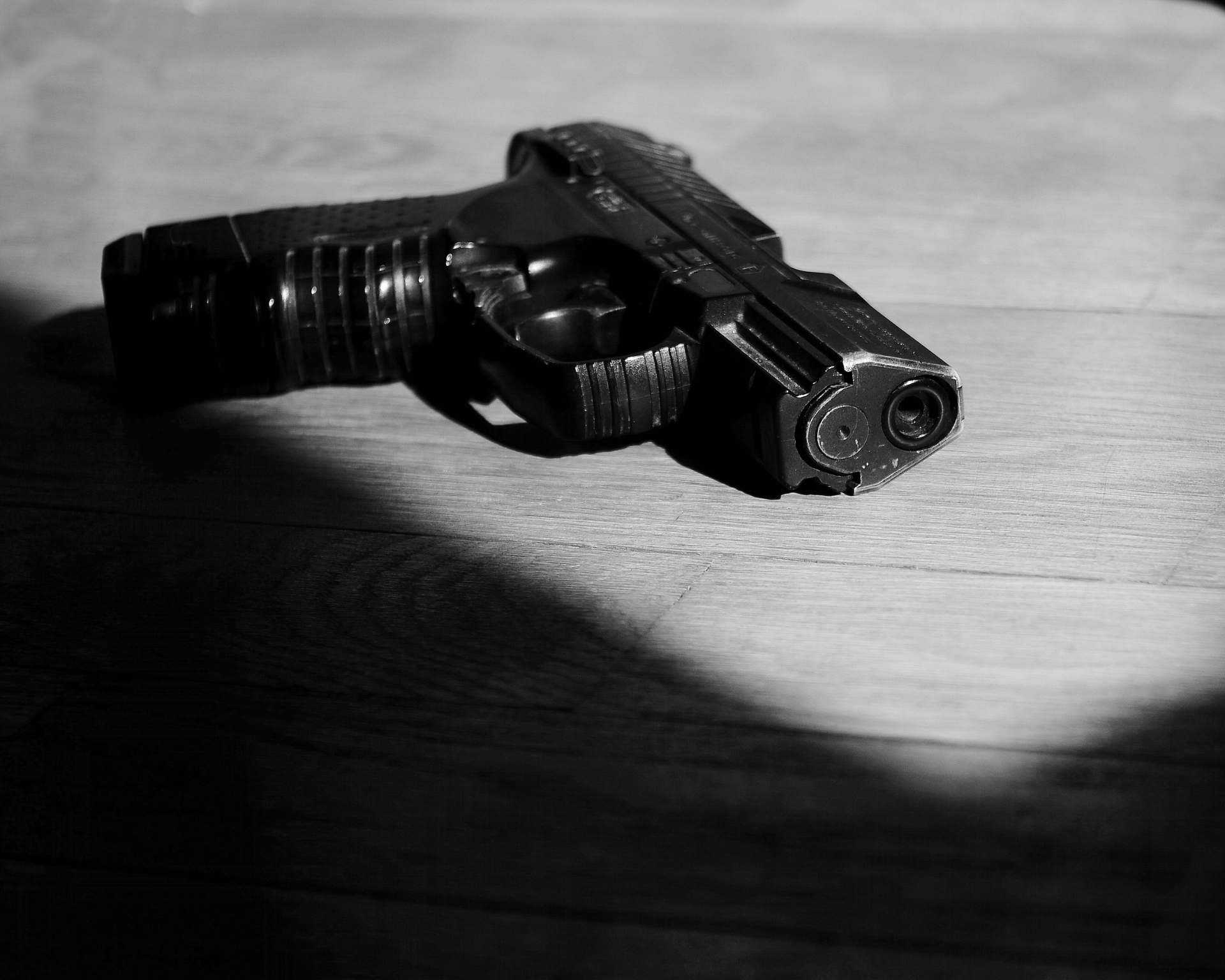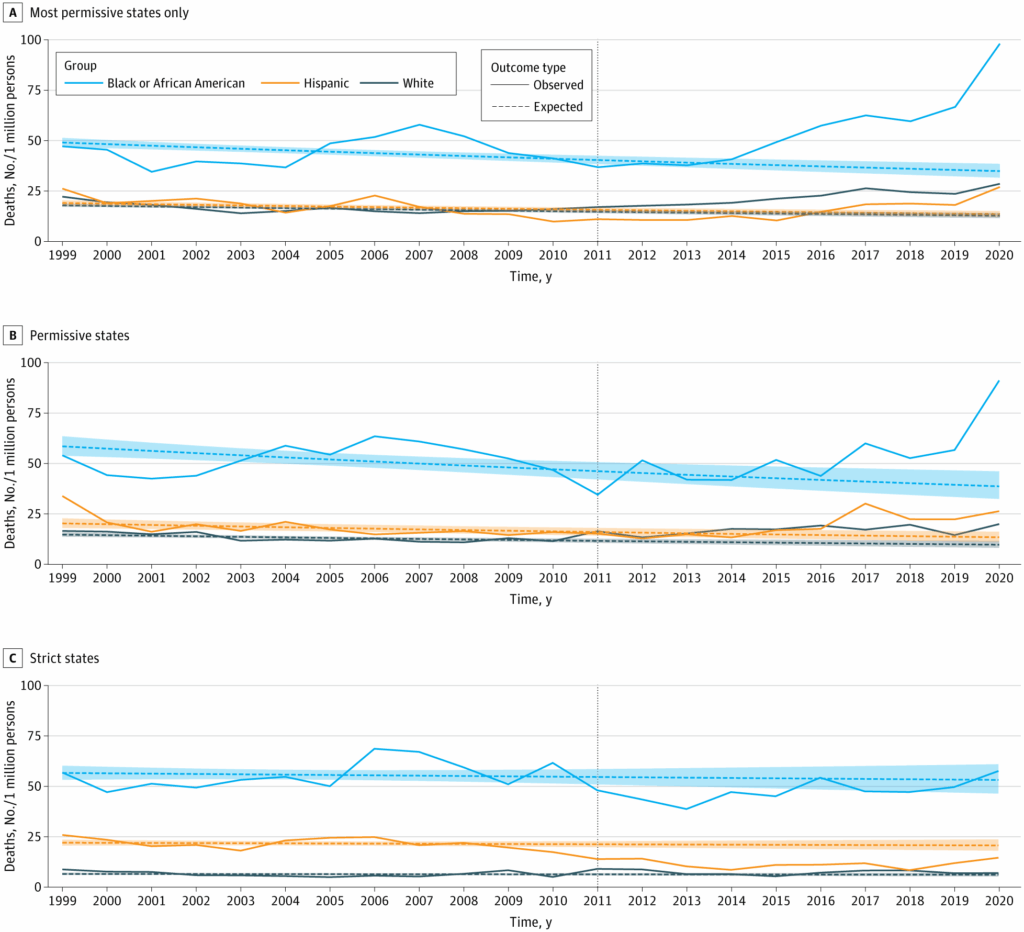The Court Case That Preceded Thousands of Preventable Gun Deaths
Since McDonald v. Chicago, the number of pediatric firearm deaths has surpassed pre-decision trends in states with the most permissive laws.

Read Time: 2 minutes
Published:
Firearms are the leading cause of death among children and adolescents in the United States. This is a uniquely American crisis: children in the U.S. are 30 times more likely to die from guns than their peers in similarly wealthy nations. This stark difference raises urgent questions about the policy choices that shaped these outcomes.
The legal landscape around guns shifted in 2010 following the Supreme Court’s decision in McDonald v. Chicago. This ruling struck down a handgun ban and reaffirmed that the Second Amendment restricts not only federal but also state and local governments from infringing on the individual right to own guns. Gun laws and gun-related deaths already vary by state, and this broadened interpretation led many states to loosen restrictions even further.
To understand the impact of these legislative changes, Jeremy Samuel Faust and colleagues used data from CDC WONDER to quantify pediatric firearm deaths in the years before McDonald v. Chicago (1999-2010) and since (2011-2023). The researchers grouped states into categories based on how restrictive their gun laws were: strict (such as Connecticut and Illinois); permissive (such as Minnesota and Virginia); and the most permissive (such as Florida and Texas).
Over the study period, 41,012 children died due to firearms. These deaths represented 4% of all pediatric deaths and were concentrated in states with more permissive gun laws. Since McDonald v. Chicago, the number of pediatric firearm deaths has surpassed pre-decision trends by 6,029 in states with the most permissive laws and by 1,412 in those with permissive laws. In contrast, states with strict laws had 55 fewer deaths than projected.

Furthermore, homicide, suicide, and other causes of pediatric death not involving guns did not increase after 2010. This suggests that the legal environment is driving the increased mortality, rather than broad changes in youth behavior, poverty, or crime.
In countries like Australia, Japan, New Zealand, and the United Kingdom, pediatric gun deaths are rare in part due to bans on semi-automatic weapons, robust background checks, and government-funded gun buyback programs. Congress has repeatedly failed to pass similar federal legislation, and, due to McDonald v. Chicago, states have even less power to regulate guns.
The pediatric gun deaths crisis is not inevitable. It is the result of policy and the consequences of the laws we choose, or refuse, to pass.



